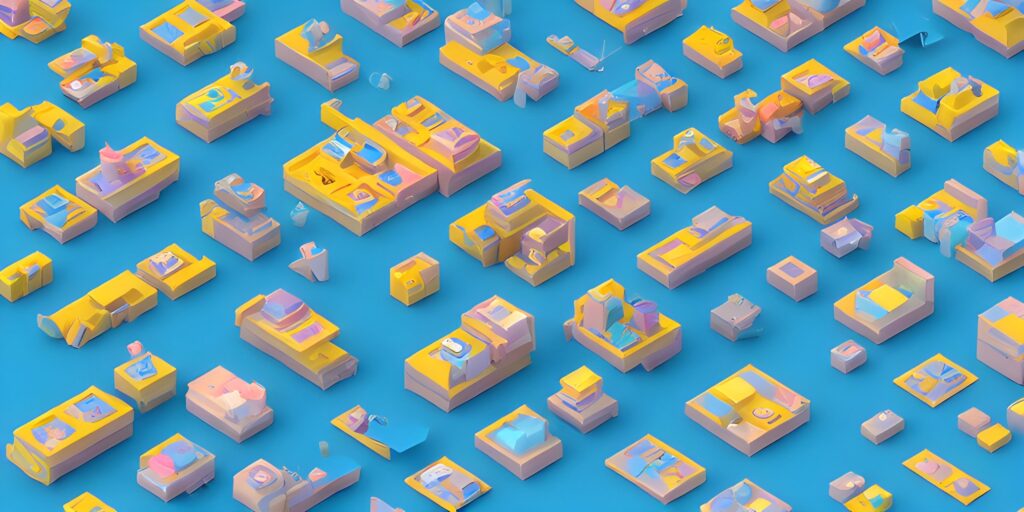Your cart is currently empty!
Why playway method is the most effective way of learning language of chemistry in early grades of ICSE, CBSE, and SSLC?

The Playway method is a unique teaching method that helps students learn through play and exploration. It has been proven to be one of the most effective ways of learning the Language of Chemistry in the early grades of ICSE, CBSE, and SSLC. Here are some reasons why:
- Interactive Learning: The Playway method allows students to learn chemistry in an interactive way, where they can participate in experiments, role-playing, and other activities that make learning fun and enjoyable. This helps to keep students engaged and interested in the subject, making it easier for them to learn and retain information.
- Engaging Visuals: The Language of Chemistry is full of complex formulas, equations, and diagrams. The Playway method incorporates engaging visuals and graphics, making it easier for students to understand and visualize the concepts. This helps to simplify the learning process, making it more accessible to students who may struggle with complex written material.
- Hands-on Learning: The Playway method emphasizes hands-on learning, allowing students to explore and experiment with different chemical reactions and properties. This not only makes learning more enjoyable but also helps students to understand the subject matter better by seeing the results of their experiments first-hand.
- Personalized Learning: The Playway method allows teachers to personalize the learning experience for each student, taking into account their individual strengths, weaknesses, and learning styles. This helps to ensure that each student gets the support and guidance they need to succeed.
- Encourages Critical Thinking: The Playway method encourages students to think critically and solve problems creatively. By engaging in experiments and activities, students learn how to apply their knowledge to real-world situations and develop problem-solving skills that will serve them well in their future studies and careers.
- Easy to Understand: The Playway method breaks down complex concepts into smaller, more manageable parts, making it easier for students to understand and learn. This approach also helps to build a strong foundation of knowledge, which can be expanded upon as students progress through their studies.
- Builds Confidence: The Playway method helps to build students’ confidence in their ability to learn and succeed in chemistry. By providing a supportive and engaging learning environment, students feel more comfortable asking questions and taking risks, which in turn helps to build their self-esteem and confidence in their abilities.
- Collaborative Learning: The Playway method encourages collaborative learning, allowing students to work together in groups and share their knowledge and insights. This not only helps to build teamwork and communication skills but also fosters a sense of community and shared learning experience.
- Improves Memory Retention: The Playway method helps students to retain information more effectively by engaging multiple senses and incorporating repetition and reinforcement. This makes it easier for students to recall information and apply it to new situations.
- Fun and Enjoyable: Perhaps most importantly, the Playway method makes learning chemistry fun and enjoyable for students. By incorporating play and exploration into the learning process, students develop a love for the subject and a curiosity to learn more, setting them on a path of lifelong learning and discovery.
In conclusion, the Playway method is the most effective way of learning the Language of Chemistry in the early grades of ICSE, CBSE, and SSLC. Its emphasis on interactive, hands-on, and personalized learning, along with engaging visuals and collaborative learning, makes it an ideal teaching method for young students. By making learning fun and enjoyable, the Playway method helps to build students’ confidence, critical thinking skills, and love for the subject, setting them up for success in their future studies and careers.